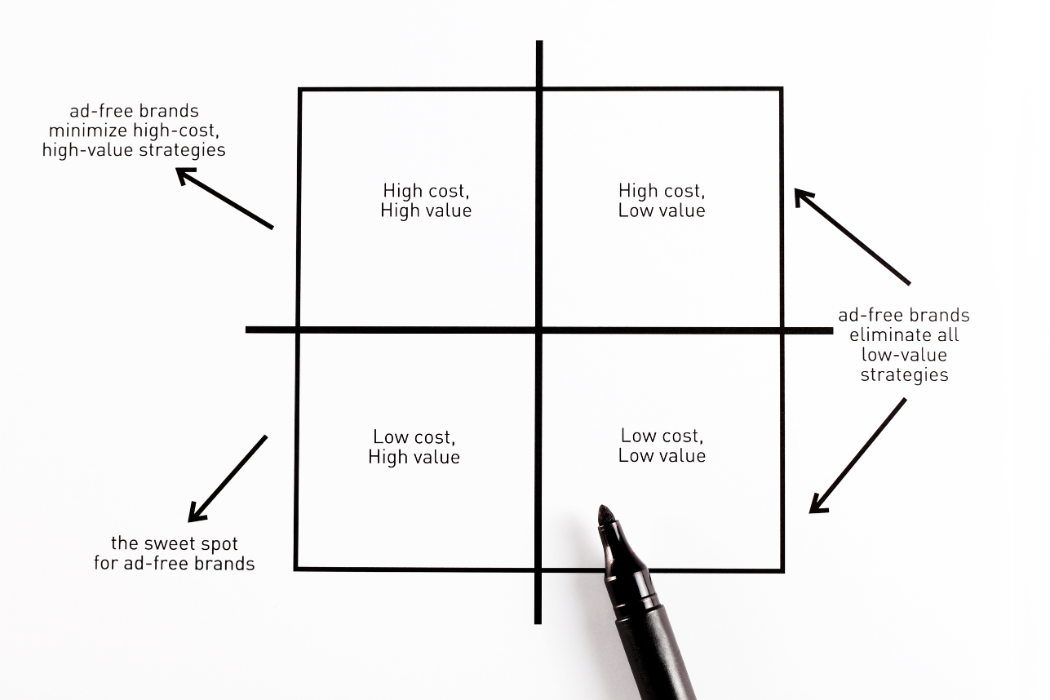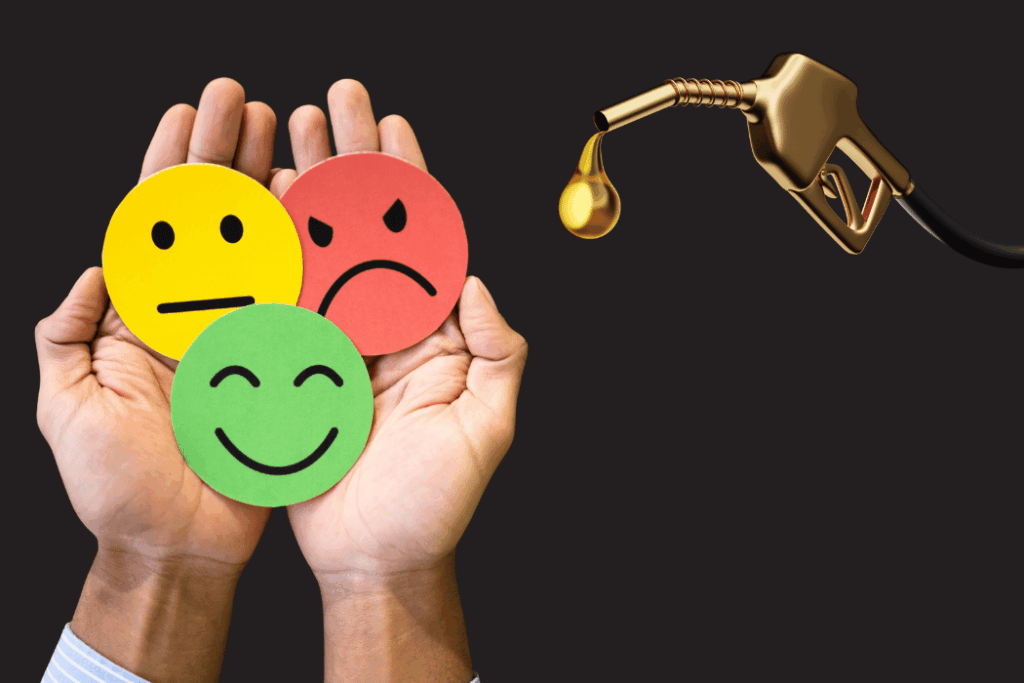
Marketing leaders understand the importance of authenticity and value alignment these days. But what does it take to transform these principles into a robust marketing strategy that resonates with both your company’s goals and your customers’ expectations? Amidst a backdrop of diminishing public trust in institutions, where skepticism is the norm, value-driven marketing emerges as a vital strategy. It enables organizations to become beacons of relevance and sincerity, making it an essential practice for businesses aiming to establish credibility and forge genuine connections in a discerning world.
At its heart, value-driven marketing is about forging meaningful connections. It’s a holistic approach that addresses the needs, concerns, and values of consumers. In a time where information is at everyone’s fingertips, consumers are seeking out brands that not only meet their needs but also reflect their personal ethos and contribute positively to the broader society.
The Statistical Landscape
The significance of value-driven marketing is underscored by compelling statistics. Persuasion Nation projects that by 2029, the global Big Data Analytics Market will soar to more than $650 billion, emphasizing the pivotal role of data in crafting marketing strategies that truly understand consumer behavior.
Furthermore, a resounding 64 percent of marketing executives firmly believe data-driven marketing is indispensable in today’s competitive environment. This strong consensus reflects a shift toward marketing strategies informed by consumer data, enabling the delivery of relevant and personalized experiences.
A Forbes-highlighted study reveals a telling trend: nearly half of consumers consistently choose brands that align with their personal values. This pattern transcends demographics, indicating a global movement towards value alignment.
In addition, Kantar’s Purpose Study shows that purpose-led brands have experienced a valuation surge of 175% over the past 12 years, dwarfing the 70% growth rate of brands with an uncertain role. This stark contrast underscores the tangible benefits of a value-driven marketing approach.
How to Keep Up
To navigate the currents of value-driven marketing, consider these top tips, each grounded in statistics and insights from reputable sources:
- Adopt a data-driven mindset: Immerse yourself in your company’s data analytics to gain deeper insights into consumer behavior and preferences.
- Align with consumer values: Ensure your brand’s messaging and actions reflect the values that matter most to your audience.
- Focus on purpose: Clearly articulate your brand’s purpose and let it guide every marketing decision and communication.
- Utilize value-driven content: Offer content that educates, informs, and enriches your audience, thereby establishing your brand as a trusted authority.
- Engage in ethical marketing: Commit to transparency, honesty, and social responsibility, aligning your marketing practices with the highest ethical standards.
- Measure and optimize: Continuously track and refine the performance of your campaigns, striving for increased effectiveness and efficiency.
- Foster community engagement: Cultivate a vibrant community around your brand by actively engaging with customers across various platforms and listening to their feedback.
- Showcase real impact: Share authentic stories and case studies that highlight the positive impact your brand has made on individuals and communities.
By integrating these tips into your marketing strategy, your efforts will resonate more deeply with your customers. Embracing value-driven marketing not only nurtures customer loyalty but also carves out a competitive advantage. Reports indicate that businesses leveraging big data have enjoyed an 8 percent increase in profits and a 10 percent reduction in costs, showcasing the power of data-informed strategies.
The rise of value-driven marketing is a clear indication of the shifting dynamics in consumer-brand relationships. By prioritizing values, ethics, and personal relevance, brands can build stronger bonds with their audience, paving the way for sustainable growth and success. Looking ahead, it’s evident that value-driven marketing will continue to be a defining force in how businesses connect with their customers.












